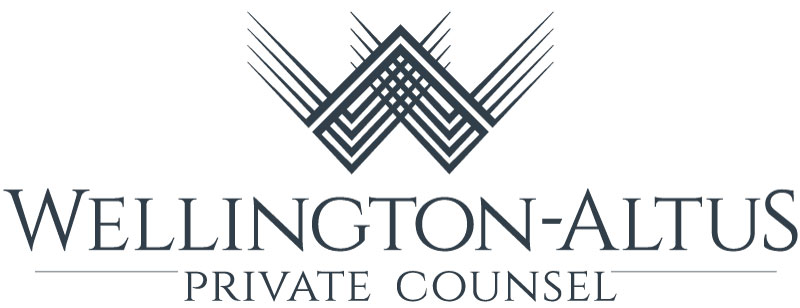Martin Pelletier: With low growth, higher interest rates and trade uncertainty, investors should seek areas of resilience and opportunity
The investment environment has entered a period marked by low growth and higher interest rates, reshaping the strategic priorities of corporations and investors alike.
Global trade uncertainty is further adding to these challenges, and companies are slowing their capital spending and redirecting resources toward share buybacks and dividends. This shift signals the potential end of an era for high-growth, leveraged beta strategies from United States mega-corporations.
Investors now need to recalibrate their expectations and navigate this changing terrain.
One significant factor influencing market dynamics is the impact of tariffs. Jurrien Timmer, director of global macro at Fidelity Investments, has observed a direct relationship between tariffs and equity valuations. Notably, he points out that a 10 per cent tariff led to a 10 per cent de-rating in the S&P 500. If this correlation is stable, this raises a pressing question: What happens if tariffs increase to 20 per cent or even 25 per cent?
The tariff rhetoric has pushed the U.S. bond market higher, with long-dated Treasury yields climbing. This prompted the U.S. administration to hint at a potential ceiling for tariff increases. Still, the risks associated with higher tariffs remain significant, threatening market stability and corporate profitability.
Profit margins have been central to the U.S. secular bull market seen over the past 16 years. Since 2009, margins have climbed from 5.9 per cent to an impressive 12.9 per cent, Timmer noted, serving as a backstop for equity valuations. However, sustaining these margins has become increasingly challenging, particularly as tariffs continue to pressure costs.
Lower profit margins and slower growth are expected to compress price to earnings (P/E) multiples further. While the S&P 500’s P/E ratio peaked at 32.9x earlier this year, it has since declined to about 25x last week.
The impact of tariffs isn’t limited to profit margins; it is also reshaping businesses’ spending plans.
Companies such as General Motors Co., Tesla Inc., and Dow Inc. have reduced their capital expenditure plans in response to tariff-driven cost pressures. Instead, many companies are choosing to redeploy resources toward share buybacks, setting the stage for a record-breaking year in repurchases. JPMorgan Chase & Co. and Wells Fargo & Co. are notable examples, with total U.S. equity buybacks projected to reach an astounding US$1 trillion in 2025. This redirection of capital highlights the trade-offs businesses are making as they navigate a complex economic landscape.
Looking ahead, the U.S. equity market faces continued challenges unless tariff policies change significantly. In a low-growth environment, trailing P/E multiples typically average between 15x and 20x. However, with higher interest rates and inflation persisting, multiples could fall below this range.
The outlook suggests a cautious approach for investors, with opportunities becoming more sector-specific and pockets of higher-risk exuberance. Take, for example, the recent performance of the fartcoin cryptocurrency, which has surged by 140 per cent over the past month with a market capitalization of about US$1.05 billion last week. This level of volatility serves as a reminder that pockets of speculation will continue to exist, even in uncertain times. Interestingly, 40 per cent of companies in the Russell 2000 index have market caps below this threshold, underscoring the breadth of smaller-cap undervalued opportunities in the market.
In conclusion, navigating the current investment landscape demands adaptability and a willingness to recalibrate expectations. As businesses grapple with the challenges of tariffs, inflation, and high interest rates, investors must remain vigilant and focus on identifying areas of resilience and opportunity. While the path forward is fraught with complexities, understanding the interplay of these factors can help investors position themselves strategically in the face of uncertainty.
Martin Pelletier, CFA, is a senior portfolio manager at Wellington-Altus Private Counsel Inc., operating as TriVest Wealth Counsel, a private client and institutional investment firm specializing in discretionary risk-managed portfolios, investment audit/oversight and advanced tax, estate and wealth planning. The opinions expressed are not necessarily those of Wellington-Altus.
